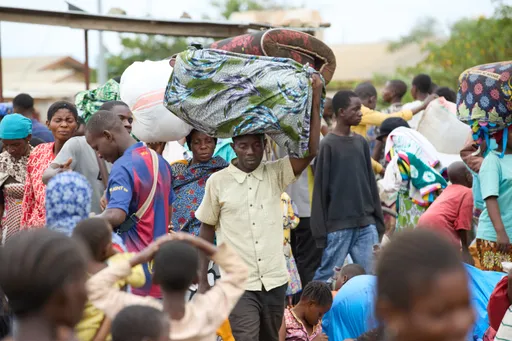By Sylvia Chebet
Every 30 seconds globally, someone loses their life to a hepatitis-related illness. Despite these grim statistics the levels of testing for the Hepatitis remain low.
The World Health Organisation (WHO), Africa CDC and the World Hepatitis Alliance, among other partners have been running a campaign dubbed ‘Don’t wait’ to get as many people tested for Hepatitis as possible.
Hepatitis is an inflammation of the liver, most commonly caused by viral infection. There are five main hepatitis viruses, referred to as types A, B, C, D and E.
The disease disproportionately affects people and communities living in places with poor health systems.
Recurrent outbreaks
South Sudan has consistently recorded Hepatitis E cases since 2014, with recurrent outbreaks occurring in Bentiu, in the northern part of the country, where a camp for internally displaced persons (IDP) is located.
Hepatitis E virus, transmitted through contaminated food and water, is especially prevalent in camps for displaced people, due to often poor sanitation services.
It can cause serious illness and is particularly fatal for pregnant women. Doctors without borders, MSF, delivered vaccination against the virus for the first time in July 2022, bringing hope that new HEV infections and deaths may soon become history.
Chronic hepatitis B and hepatitis C are also life-threatening infectious diseases that cause serious liver damage, cancer, and premature death. Often infections are silent and do not manifest until it has progressed to the stage of primary liver cancer.
Highest prevalence
Globally, 354 million people are living with the hepatitis B or C virus. The African region has the highest prevalence of hepatitis B virus (HBV) at 7.5%, with 82.3 million persons living with chronic HBV infection, according to WHO.
"Two of every three children infected with HBV globally are born in Africa. HBV infection acquired at birth or in early childhood is a major cause of primary liver cancer in adulthood," Africa CDC stated in its website.
It is recommended that routine hepatitis B vaccination for all infants beginning with a first dose within 24 hours of birth is administered. Two or three additional doses are required to complete the infant vaccination series.
As of 2022, only 18 of 55 African Union Member States, representing 33% had introduced vaccination against Hepatitis B virus.
The AU adopted the Cairo declaration on viral hepatitis in Africa in February 2020. The document calling for the elimination of viral hepatitis B and C on the continent, is expected to catalyse public health action towards reaching viral hepatitis elimination by 2030.
























